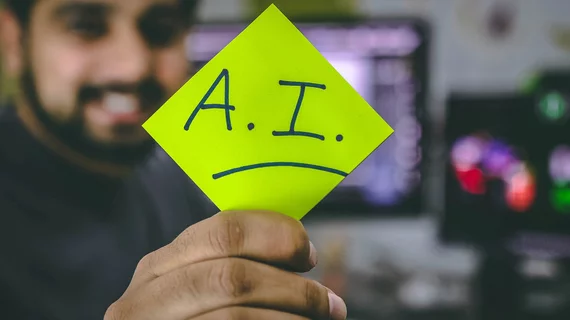Medical AI top of mind for physicians planning careers
Most physicians rightly laugh off talk of their profession’s coming demise at the hands of AI. But more than a few are taking the blossoming technology into account when making career decisions.
Consider recent graduates of medical school, for example.
The news operation of the Association of American Medical Colleges does exactly that in an overview article posted July 9.
“If you think [AI] is just some passing fancy, you’re making a mistake,” says Elliot Fishman, MD, who’s been practicing and teaching medicine at Johns Hopkins since 1980. “In radiology and pathology, it’s going to affect everything you do.”
The article runs through some of medical AI’s recent triumphs as well as disappointments and criticisms.
And its author, Ken Budd, asks whether AI could—despite the snickers—displace doctors on its dual strengths of established speed and ever-improving accuracy.
“I’m not exactly worried that [computers] are going to put us out of business right away,” Fishman responds. “Way back when, pathologists looked at every pap smear. Now a machine looks at them and once in a while it kicks something out. Things change.”
Read the whole thing from AAMC News:

